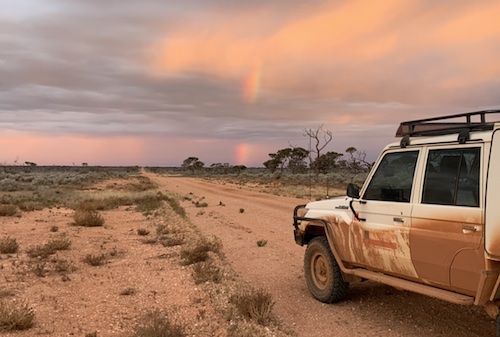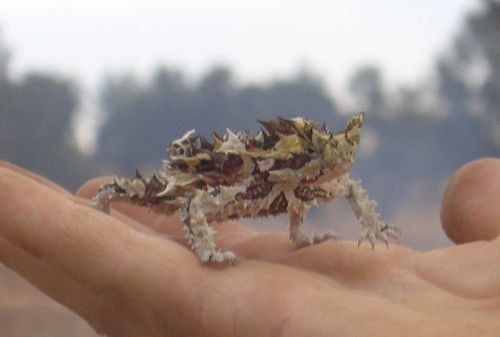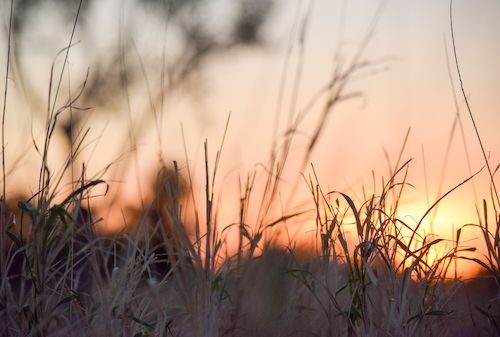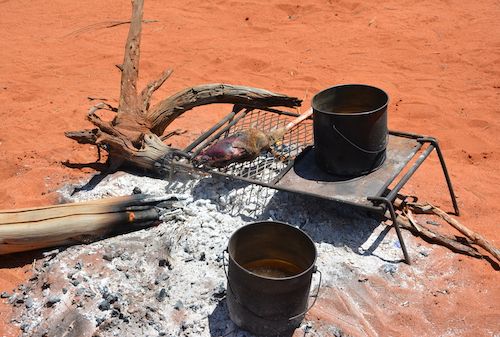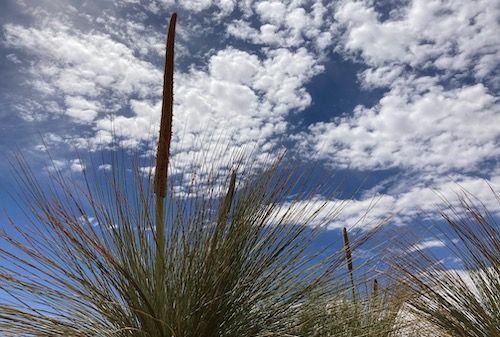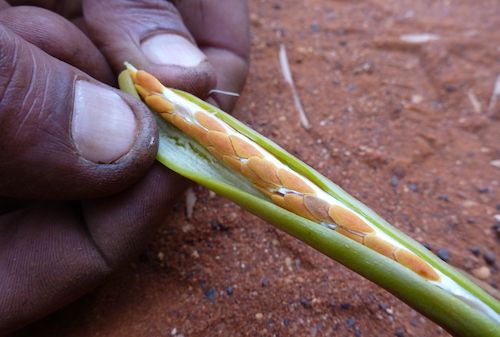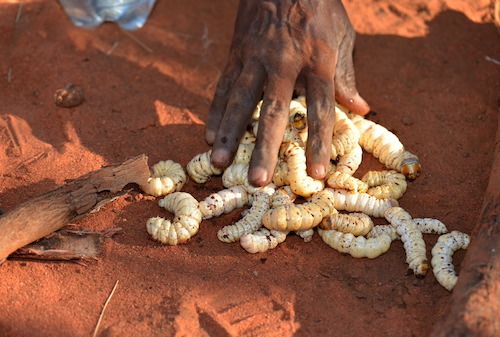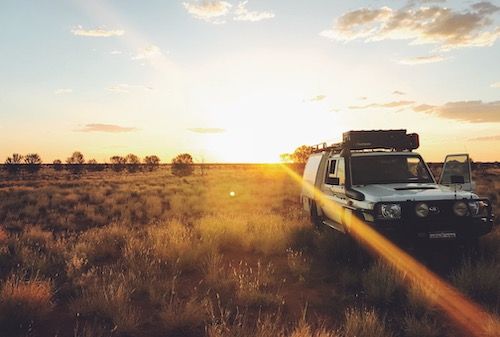Kulyakartu begin their Compensation Journey
Kulyakartu Aboriginal Corporation is commencing their compensation negotiations with the Western Australian State Government.
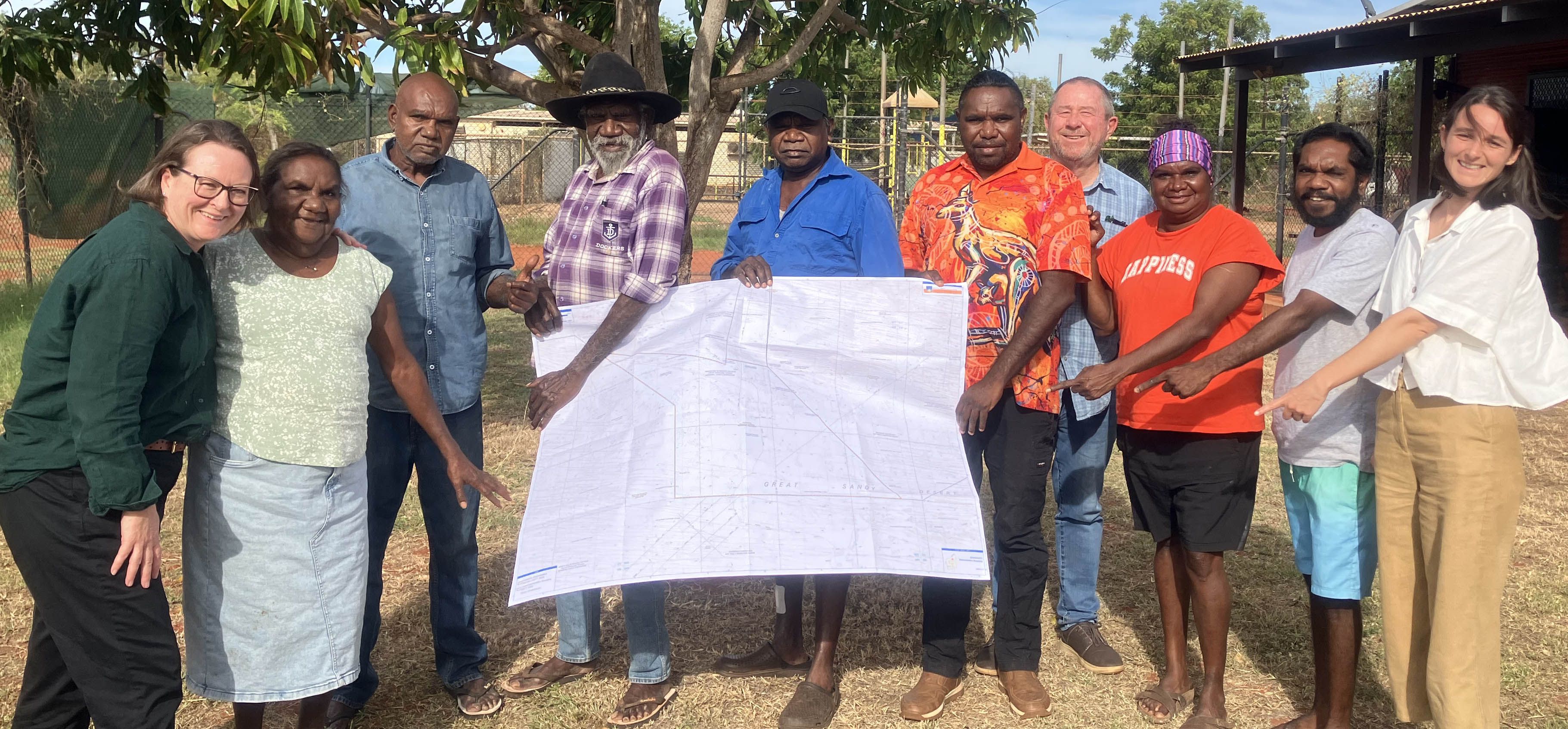
It’s been over 12 months since the announcement of the Tjiwarl Palyakuwa – the landmark agreement that resolved the Western Australia Government’s compensation liability for Tjiwarl Country.
The Indigenous Land Use Agreement which came out of the compensation negotiations has been celebrated and commended for establishing a new benchmark for settlements, in what is early days in post determination “compensation territory”.
While there have been several other native title compensation cases gaining mainstream media attention, the general public may otherwise be none-the-wiser of the sector activity at play. And that each settlement or case has its nuances and unique qualities, just like the people fighting for recognition.
That is certainly the case for the Central Desert region of Western Australia. More PBCs (which are the organisations set up to deal with native title matters) are now embarking on their own post determination compensation settlement journeys. And in doing so are discovering what it could mean for their community, country and culture both during the journey and after.
Kulyakartu is a small pocket of country situated in the remote and harsh environment of the northern Great Sandy Desert in the East Pilbara region of W.A. It has never been the subject of settlement by non-Aboriginal people or any significant access by miners or oil explorers.
This year the Kulyakartu native title holders started their steps along the compensation settlement road, which is not a quick nor simple undertaking. It involves mapping aspirations backed with evidence of outcomes and affects, then presenting this information and evidence once again to government to explain their case.
Kulyakartu (Aboriginal Corporation) Chair Simon Frank said a successful outcome could mean better capacity and resources to care for their country and preserve their culture for the future.
“We have mapped plans of what we want and need. We want compensation settlement to benefit all our people for future generations,” Mr Frank said.
“It’s about looking after country, where our old people walked, to preserve our homelend. The main thing we want is to go out on country and to take our kids to spend time there.”
While negotiations can take time, Kulyakartu people have a clear focus of what they need to preserve in the meantime, with any resources they have available in the present.
“We need to make the most of having our last two knowledge holders with us who were born in the bush and never saw a white fella until they were 9 or 10. If we don’t do this, our cultural knowledge could all be lost, we don’t want our cultural identity to disappear from the world,” Mr Frank said.
Central Desert are supporting Kulyakartu throughout their compensation negotiations with the State.
Read more about Compensation here.
Image - Kulyakartu AC Directors and Central Desert staff working on the negotiation plan.

